VATICAN CORNER
A van departs every morning from Castel Gandolfo, the Vatican’s lakeside palace and farm, 12 miles south of Rome. At the Castel there are terraced vegetable gardens producing everything from artichokes and bell peppers to carrots and zucchini. A herd of cows munch on local hay, grass, and clover and yield more than 120 gallons of milk each day. There are lots of free-range chickens, turkeys, and rabbits, being raised, and it is estimated that $330,000 worth of food is produced on the farm each year. Yearly 320 gallons of olive oil is made in the traditional way from the olives grown on the property. The olives are crushed “in a wide, shallow basin with two immense stone wheels standing on end. The morning van takes the farm’s produce, dairy, eggs and meat to the Vatican where it is not only welcomed into the Pope’s kitchen, but also sold at the Vatican supermarket that serves the Vatican employees and retirees. One reporter, who managed to slip into the supermarket without an employee pass, described it as like any other Italian supermarket, except that in the aisles, teams of nuns and priests hastily load up shopping carts with wine and cigarettes. There are no taxes or duties, so prices are one-third cheaper than in the rest of Rome. Nearby priests and nuns make special trips to the Vatican to stock up. Around the corner from the Supermarket is the Vatican Pharmacy which is run by the Hospitaller Brothers of St. John of God. It offers a dazzling display of high-end perfumes and beauty-care products, as well as prescription medicines that are approved for sale much sooner than in the rest of Italy. The pharmacy with its 45 employees, is one of the world’s busiest. It serves about 2,000 people a day. Roman citizens who need medicines not yet available in Italy enter the Vatican through Sant’Anna gate and stop for a temporary entrance permit. Inside the Pharmacy they are able to purchase medicines, with a doctor’s prescription, paying 12 to 20% less for them. Unlike Italian pharmacies, the Vatican Pharmacy will fill foreign prescriptions. The pharmacy does not carry products which are contrary to Catholic social teaching, such as contraceptives nor Viagra or medical marijuana. The Supermarket and Pharmacy are some of the sources of income for the Vatican which include tourism and the Vatican Bank. The Vatican supermarket has begun recently supporting those affected by the earthquakes in central Italy by offering goods for sale by local farmers in the region, especially the small town of Amatrice which was hit hardest by the quake on August 24, 2016 which left nearly 300 people dead. Produce from that area includes sausages and cheese.
Sources: news.va,.slate.com/blogs/atlas_obscura,.takepart.com, vatican radio.
